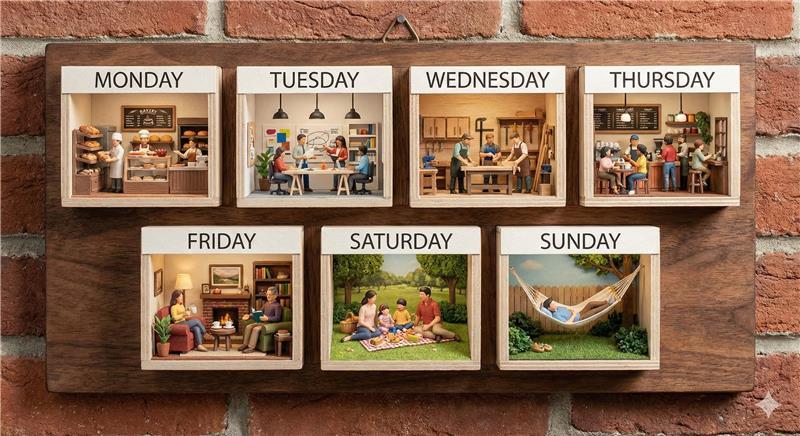How to Know If a Four-Day Workweek Is Right for Your Business
The four-day workweek has become one of the most talked-about workplace shifts of the last decade. Large corporations are experimenting with it....

The U.S. Department of Labor enacted the final Overtime Rule which updates the earnings thresholds necessary to exempt executive, administrative and professional employees from the Fair Labor Standards Act’s (FLSA) minimum wage and overtime pay requirements. It allows employers to count a portion of certain bonuses/commissions towards meeting the salary level. The new thresholds account for growth in employee earnings since the thresholds were last updated in 2004.
The impact of the Labor Department’s rule includes:
Employers should consider auditing their wage practices to ensure that, come the new year, all non-exempt employees are being properly paid overtime to avoid high-penalty FLSA claims.

The four-day workweek has become one of the most talked-about workplace shifts of the last decade. Large corporations are experimenting with it....

We've all seen the headlines. Another major company announces that everyone needs to be back at their desk. No exceptions. And if you're running a...

If you work with a payroll provider for your small business, payroll typically runs on a set schedule with very little day-to-day involvement from...